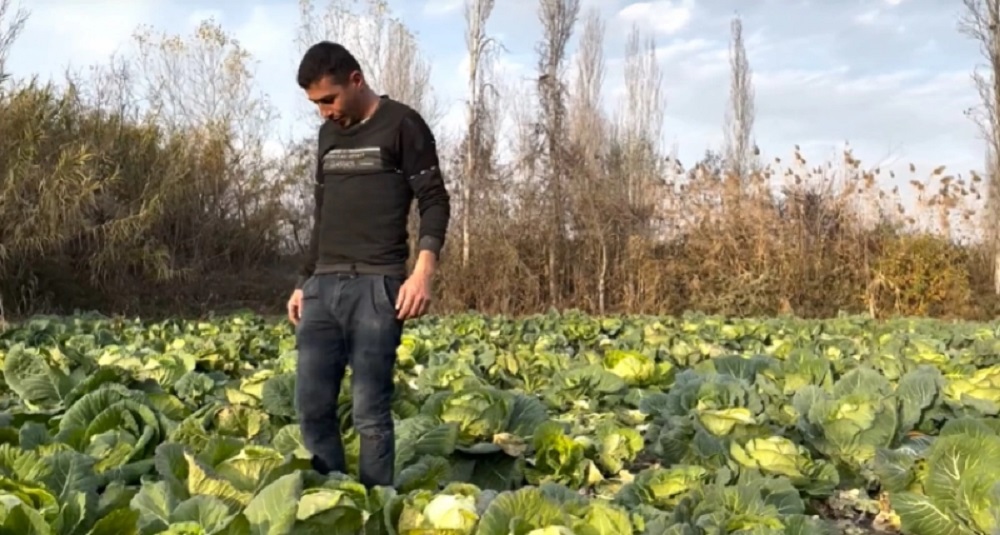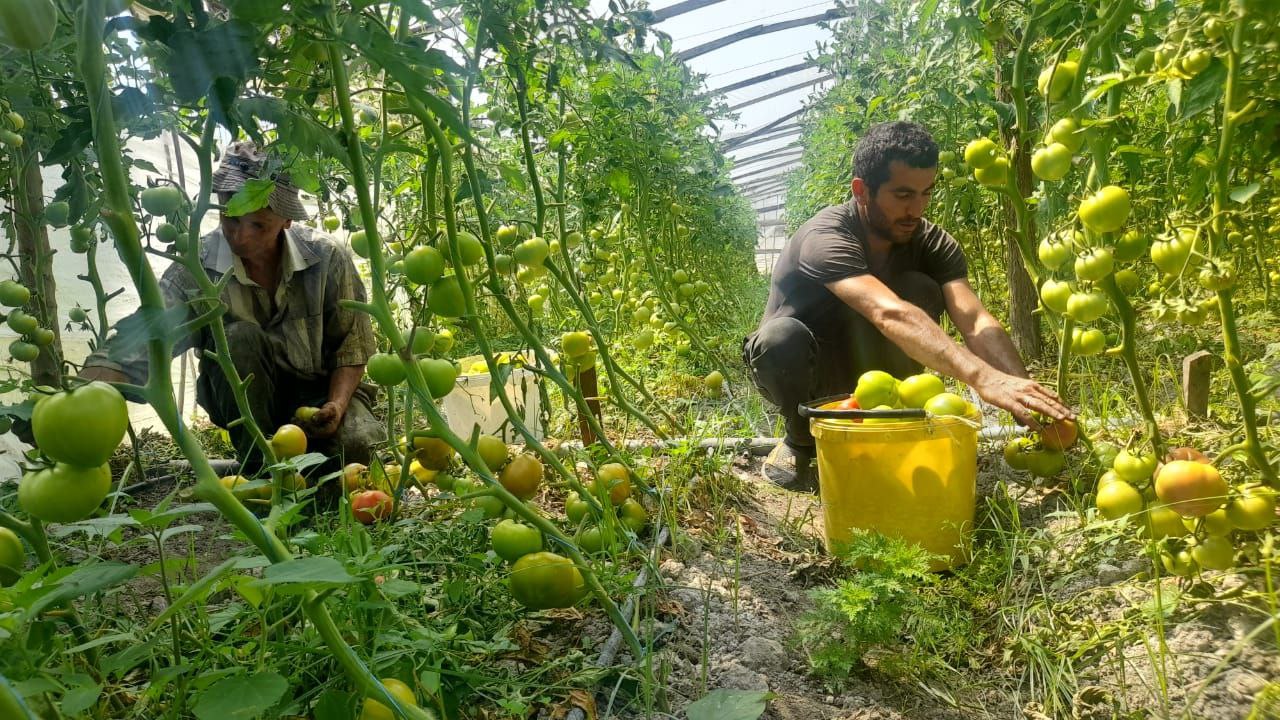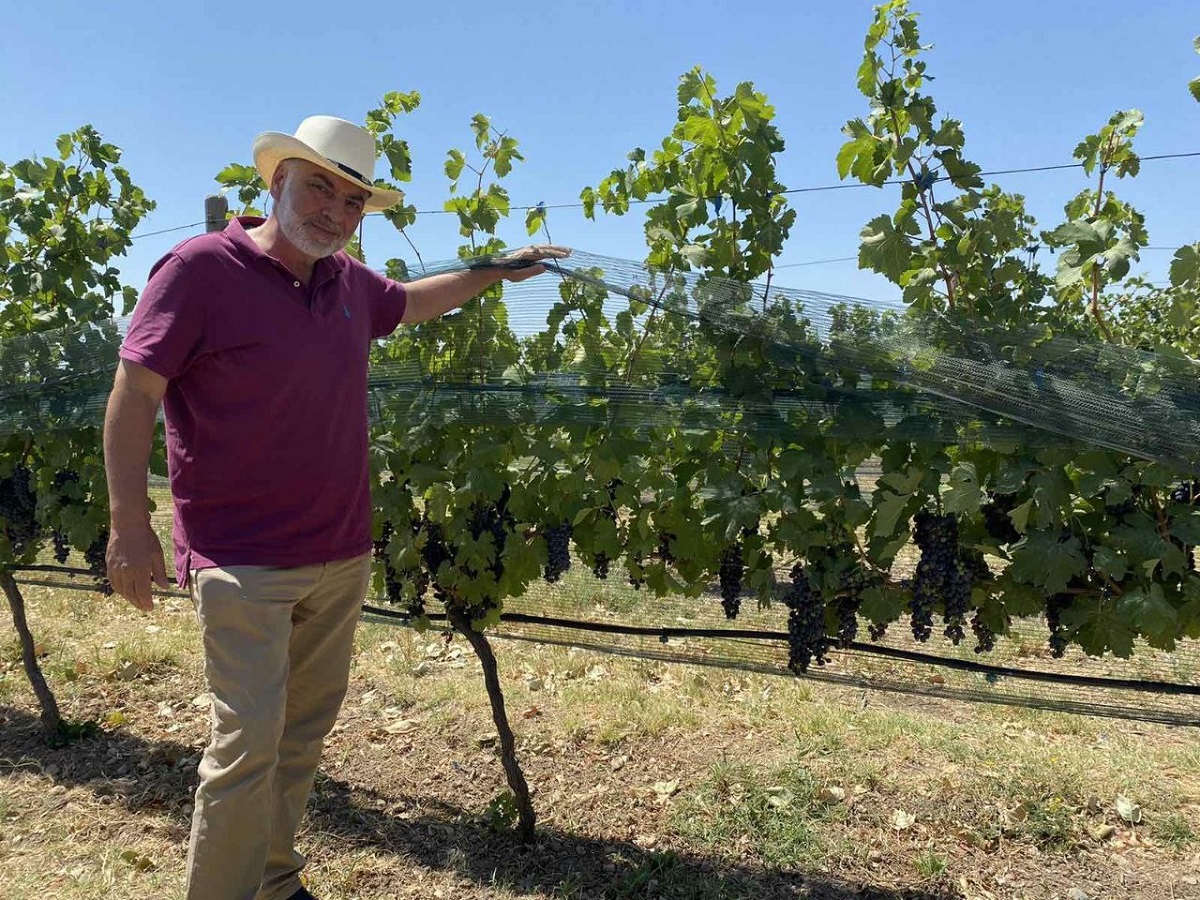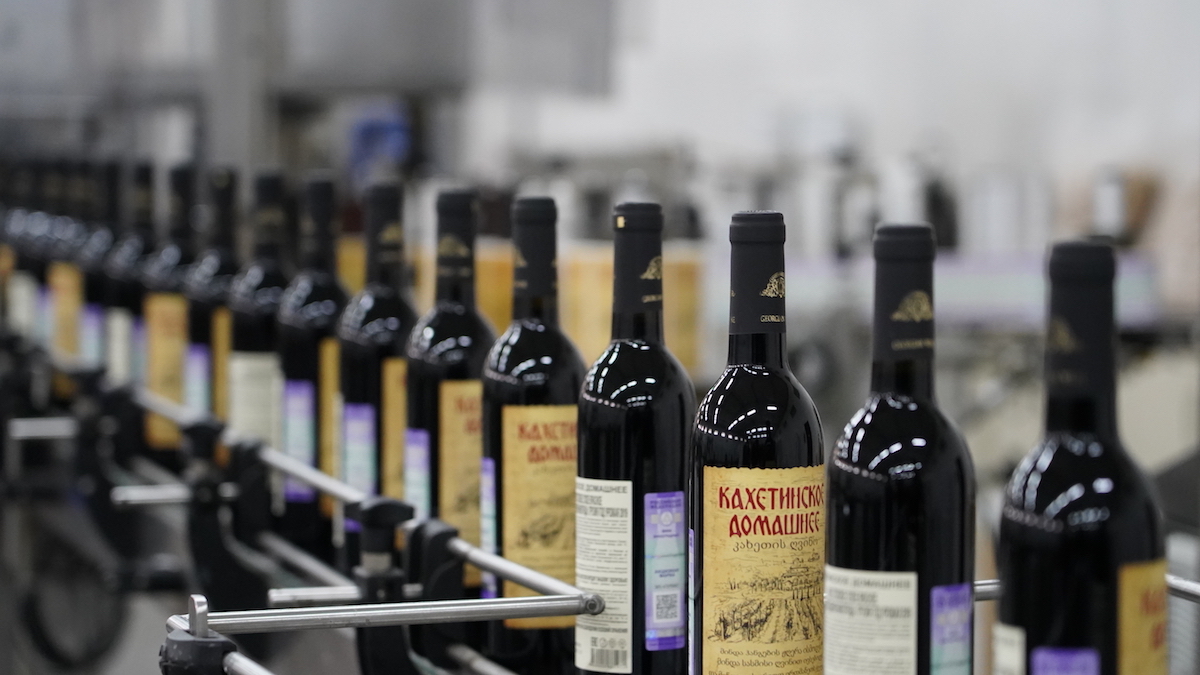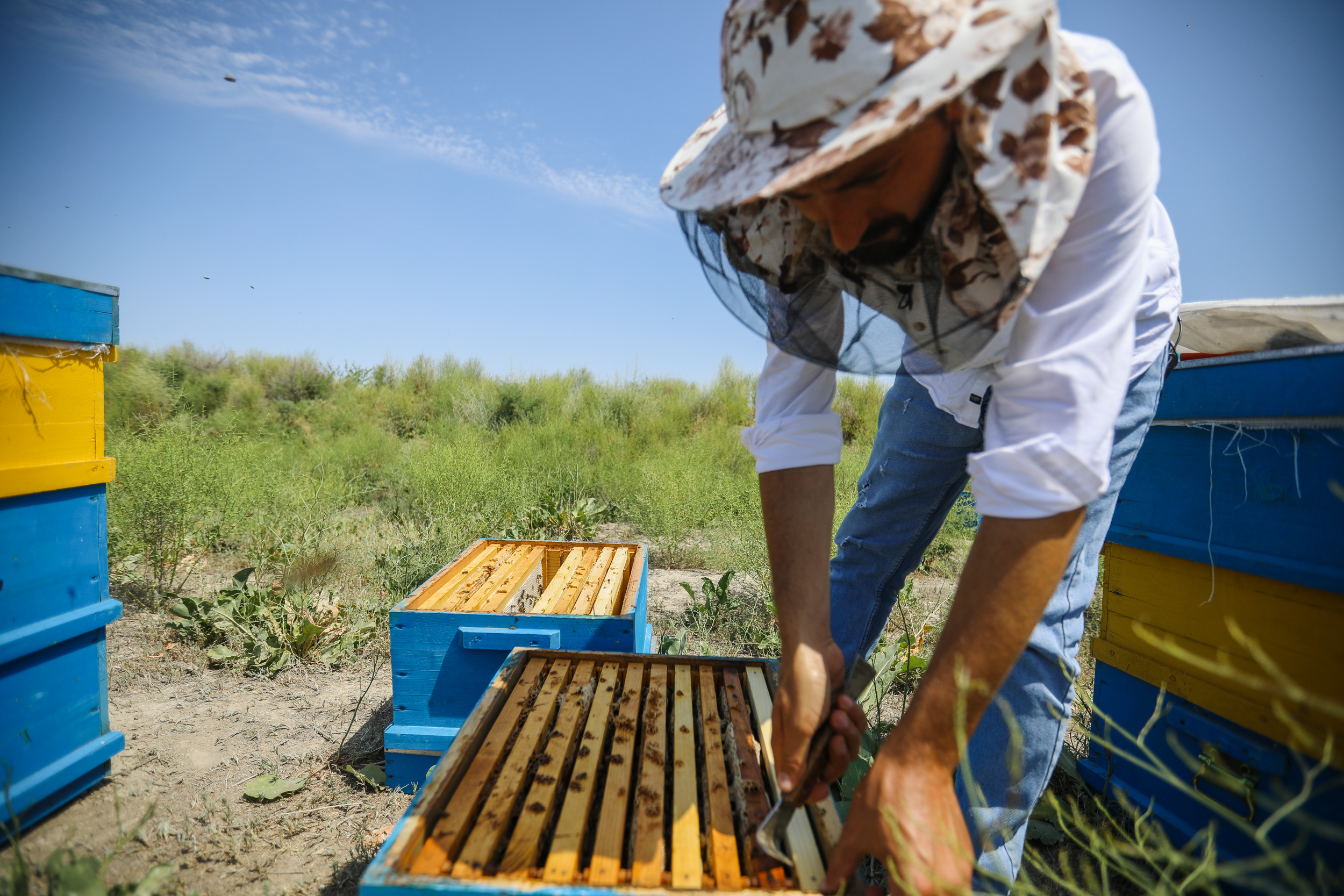Viticulture in Azerbaijan developing in the shadow of officials
Viticulture in Azerbaijan
“Today, 99 percent of small and micro-entrepreneurs in Shamakhi have put their vineyards up for sale, but there are no buyers. Why is no one buying? Here I am, one of the potential buyers, I see that there is no profit here, why do I need this garden?”
Gurbanali Babashov, a resident of the village of Meldzhek, Shamakhi region. For 25 years now he has been the head of the family vineyard farm. During this time, he has expanded the area of his garden from one and a half to 12 hectares. Productivity from each hectare has increased from 10 to 25-30 tons. For his work he was even awarded the Order of Labor of the second degree.
But according to the farmer, due to the lack of a correct attitude towards viticulture by the state, viticulture in Azerbaijan, which has been reviving in recent years, may again slide into regression in the near future.
- Armenia at a crossroads: will the country leave Russia’s sphere of influence
- Former investigator in case of programmer Tamar Bachaliashvili arrested
- Activists who wanted to draw attention to events in Soyudlu at US embassy handed over to police
History of viticulture and winemaking in Azerbaijan
During the existence of the USSR, Azerbaijan was one of the main republics in viticulture and winemaking. According to the statistics of 1980, Azerbaijan ranked first among the subjects of the union in terms of the area of vineyards (263,000 hectares) and the volume of grapes grown (1,481 tons).
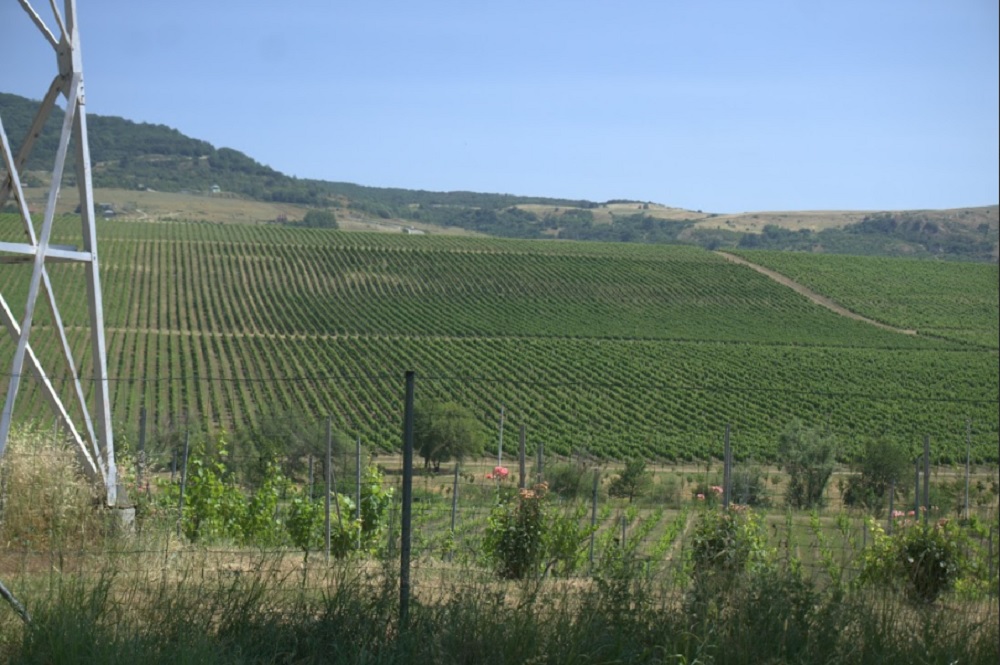
In the same year, 10.4 million decalitres of wine, 936,000 decaliters of cognac and 5.8 million bottles of champagne were produced from this harvest in Azerbaijan. According to these indicators, Azerbaijan was fourth, behind Russia, Ukraine and Moldova.
In terms of the number of wineries, Azerbaijan, with 29, ranked fifth among the union republics.
The development of viticulture in the republic began after the appointment of Heydar Aliyev in 1969 as the first secretary of the Central Committee of the Communist Party of the Azerbaijan SSR and is associated with his name.
In those days the Shamakhi region was considered the center of viticulture in Azerbaijan.
Revival since 2002
In 1985, headed by Mikhail Gorbachev, the Central Committee of the Communist Party and the Council of Ministers of the USSR adopted a resolution “On measures to overcome drunkenness and alcoholism, to eradicate moonshine”, which was popularly called “dry law”.
An anti-alcohol campaign began throughout the country, in which most of the vineyards throughout the country, as well as in Azerbaijan, were destroyed. Only vineyards with table varieties remained.
And after the collapse of the USSR in Azerbaijan, as in all republics, almost all sectors of the economy fell into decay. Grape orchards with table varieties, once owned by the state, were also destroyed, state farms collapsed, factories closed.
After a long time, in 2002, the law “On viticulture and winemaking” was adopted in Azerbaijan. Since that moment, the revival of this sphere began in the country.
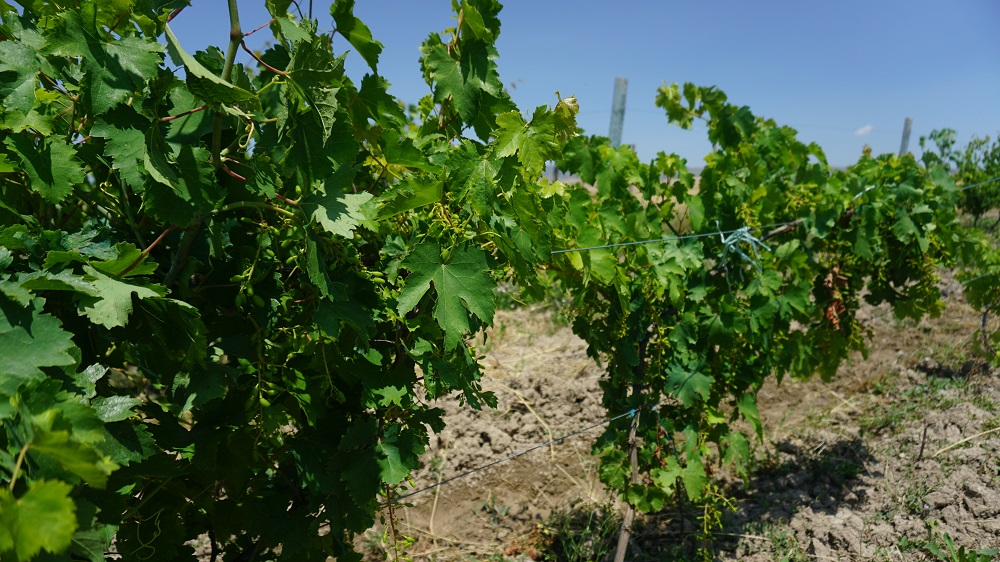
Fifteen years ago there were only 3-4,000 hectares of vineyards in the country, but now their area reaches 17,000 hectares. Shamakhi again claims to be called the center of viticulture in Azerbaijan.
“In Soviet times, over 27,000 hectares of vineyards existed on the territory of the Shamakhi region. 235-245 thousand tons of grapes were grown per year. Then, as elsewhere in the republic, the vineyards in Shamakhi were destroyed. Now they are reborn. Over the past 10 years, the area of vineyards in the region has grown from 300 to 2,000 hectares. Table grape varieties are grown on 700-800 hectares, the rest is for winemaking,” says Akhmedaly Ahmedov, agronomist, head of the crop sector at the Shamakhi State Center for Agricultural Development.
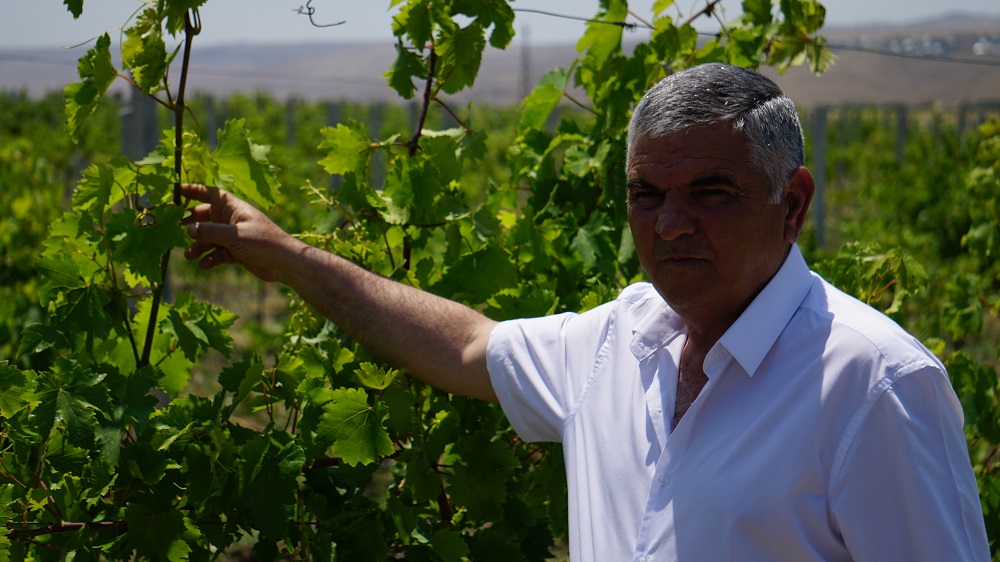
Akhmedaly Akhmedov grew up in a vintner’s family. His father Sadreddin Akhmedov was an honored master of viticulture, a hero of socialist labor, and a presidential scholarship holder.
Akhmedov, who continued his father’s path, received a higher education as an agronomist and worked in viticulture for most of his life. The first years of labor activity fell on the Soviet period. After Azerbaijan gained independence, he remained unemployed for 15 years and returned to his profession only after the beginning of the revival of viticulture in the country.
The state program did not bear fruit
On December 15, 2011, President Ilham Aliyev signed a decree on the approval of the state program “On the development of viticulture in Azerbaijan in 2012-2020.” It was supposed to increase the area of vineyards in the country to 50 thousand hectares, the production of grapes – up to 500 thousand tons, and wine – up to 30 million decaliters.
But statistics say that the effect of this program was small. In 2020, the area of vineyards throughout the country reached only 15,978 hectares, and 63,582 tons of grapes were grown that year.
…Because there is no marketing
The specialist says that the slow growth in the area of vineyards is associated with low purchase prices.
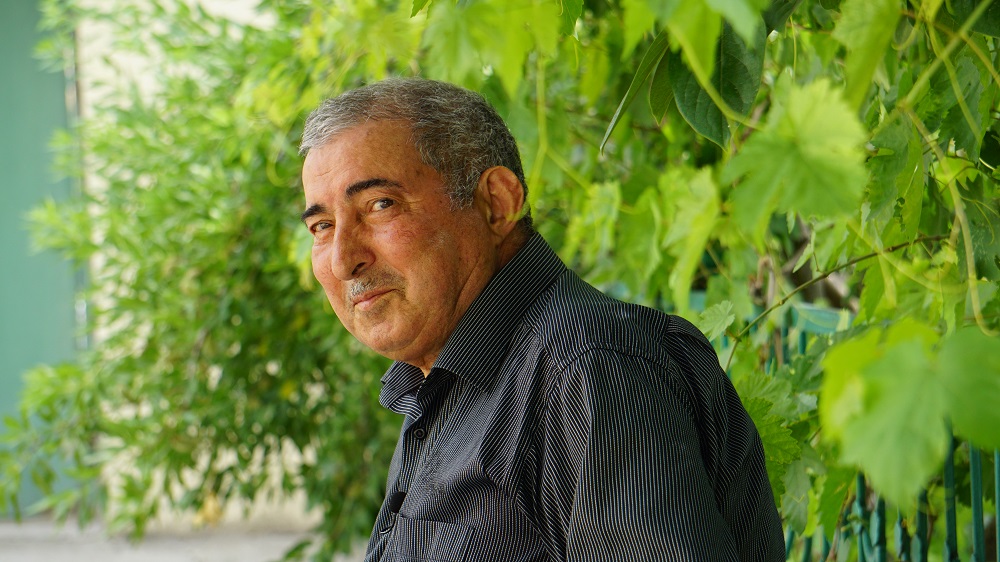
“In Soviet times, there were wineries in almost all villages. There were 12 of them in the Shamakhi region. They bought grapes from peasants at prices set by the state. For that money, 40-45 kopecks per kilogram. This contributed to the development of viticulture. Currently, there is only one plant in the region, and the purchase prices there are very low. Now, when medicines, fertilizers, transportation costs, labor are not so cheap, the purchase price of 25-30 kopecks per kilogram of grapes is very bad for viticulture. Therefore, the development of the region is going very slowly,” says Akhmedaly Akhmedov.
Farmer Gurbanali Babashov also argues that the main problem with viticulture is the lack of marketing.
“The high-quality goods we produce are forced to be sold to intermediary traders who buy a kilogram of grapes from us at 30-50 kopecks, and sell them for two or three times more. As a result, they earn, and all the hardships of work remain with us. Nobody controls it,” he says.
Balloon Festival, or a party for the elite?
In the Shamakhi region there are several factories owned by large businessmen – Şirvan şərabları, AzQranat, Meysəri şərabı. But they make wines exclusively from grapes grown in their own gardens, they do not buy it from the local population, farmers.
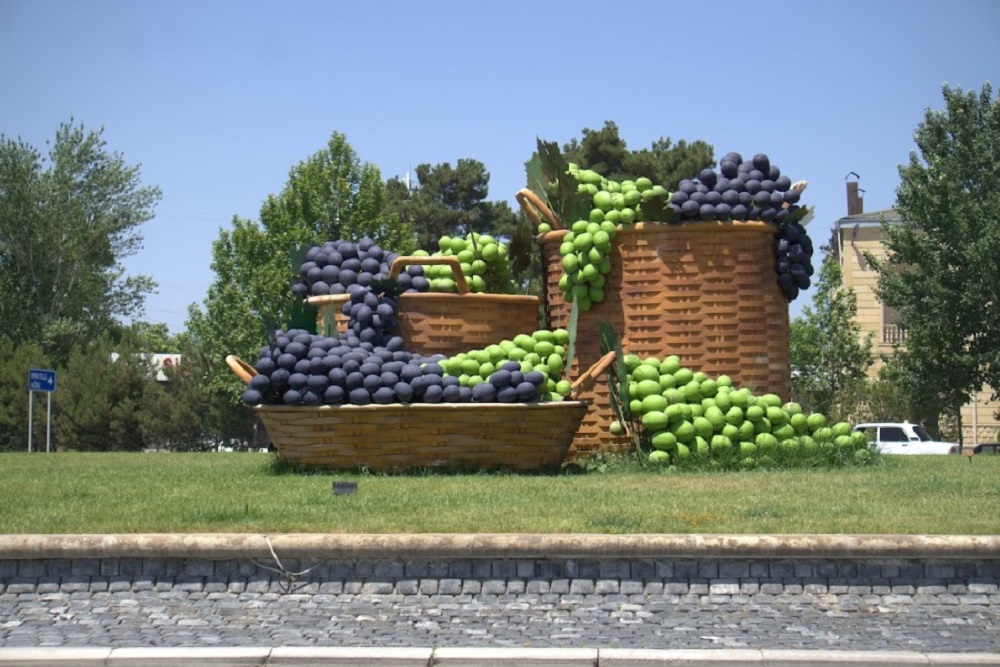
According to Ahmedala Ahmedov, these businessmen have already distinguished themselves at the international level. Thus, wines produced under the Şirvan şərabları brand won four gold and one silver medals at the international festival in Japan. In the same year, the products of the AzQranat winery took two golds and three silvers at the international festival in Germany.
“In order to develop this success, it is necessary to increase the number of wineries. As before, the state should control purchase prices, and prices should be set according to the level of sugar in the grapes. The more sugar, the higher the price. If this is the case, then farmers will also become interested, they will develop this area,” Akhmedov assures.
In recent years, various festivals have been held in Azerbaijan to draw attention to viticulture and winemaking. On June 17-18, in the village of Meysari, Shamakhi district, on the territory of the winery of the same name, a festival of balloons was held for the first time in the country. But on the first day of the festival, one could get there only by invitation. The hostess of the festival was the daughter of the President of Azerbaijan Leyla Aliyeva.
Although for small entrepreneurs participation in such festivals is a chance to advertise their products, expand the circle of partners, both local and international. But they were not invited to the balloon festival. Ordinary citizens also could not take part in it.
Ordinary citizens were promised that they would be able to see the flight of hot air balloons on the second day of the festival. But early in the morning of June 18, people who filled the yard of the winery, as well as JAMnews employees, witnessed that balloons were already being collected and packed into trucks.
Viticulture is developing, but in the shadow of officials
Gurbanali Babashov says that now the development in viticulture is deceptive – only large and medium-sized businessmen who have enlisted the support of officials can count on success.
“Viticulture in Shamakhi is developed, as well as throughout the country, but all this is thanks to large and medium-sized businessmen, who are backed by officials. This is exactly the case. As for micro and small entrepreneurs, as I said, they put their gardens up for sale, but there are no buyers. Tired already, but there is no turning back either. What should I do, take an ax and cut down everything that grows on 12 hectares and sow wheat? Viticulture is my favorite business, I have been in this business for 25 years, I have invested my whole soul and fortune in it,” Babashov says.
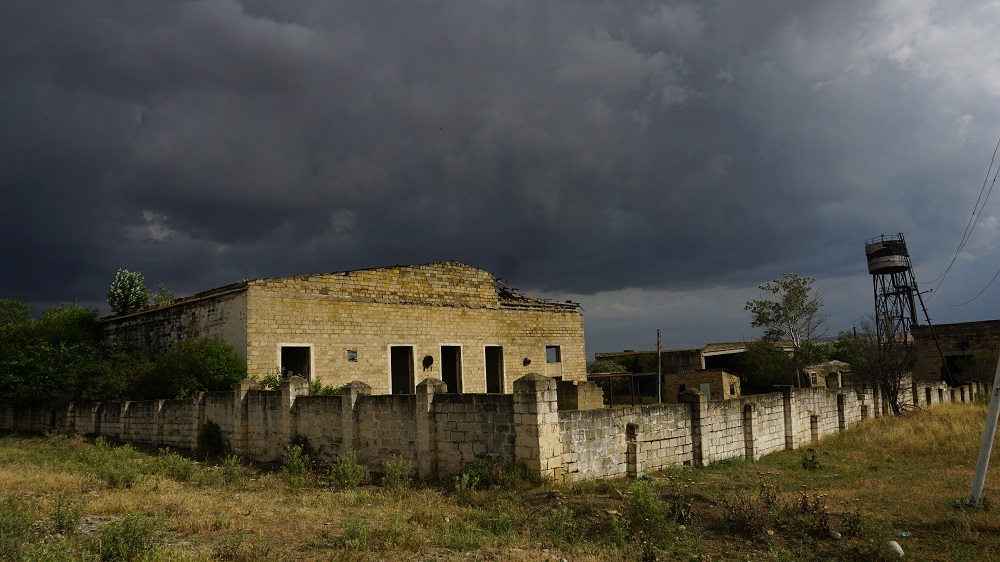
“Instead of subsidies, the state would better control the sale”
The state is currently supporting the development of viticulture. Through the Ministry of Agriculture, farmers are given a one-time subsidy in the amount of 8,000 manats [about $4,800] to create a new vineyard. In addition, 650 manat [about $380] in aid is provided annually for four years to continue earthworks.
Farmer Gurbanali Babashov believes this is the wrong approach:
“Why should I be helped? No need to squander public money. Instead of helping farmers with money, it would be better to regulate purchase prices, taking into account the cost, labor expended and the quality of the product. Increase the number of factories. They would build warehouses for storing grapes. There is one warehouse and it requires so much money that we cannot afford it. Thousands of farmers, like me, suffer from hail, losing huge money every time. There are modern devices to prevent hail, you need to buy them. In Soviet times, there were such guns, it could not be such that hail spoiled the harvest. Why aren’t they doing it now?”
The farmer is confident that if this continues, another regression in viticulture and winemaking will begin immediately after the villagers spend the last state subsidies.
“In the Shamakhi region, 36,000 hectares of shared land were distributed to people. Only 1,900 hectares of this area are vineyards. Why don’t people grow grapes? Because it is not economically profitable, there is no marketing, the state does not control this area. Therefore, no one wants to grow. And those who are engaged in this, do everything for the sake of those subsidies. I assure you, for four years they will grow, harvest until that money runs out. The next day, when they stop subsidizing, everyone will work at a loss. And when you work at a loss, in five or six years there will be nothing left for you but to liquidate the vineyard and sow wheat or something else in its place.”
“We could do it too, like in Italy”
Gurbanali Babashov also speaks of artificial barriers to the development of winemaking in the country.
“I wanted to officially open a wine production shop, sell bottled wine. But they set such conditions that one has to give up such thoughts. They demand 20,000 manats [about $12,000] for the excise tax. Why should I pay so much money?! Let them simplify the conditions, we will pay taxes, let the state food safety control agency come, check the quality, and start selling our goods. Why so many artificial barriers?” he asks.
The farmer believes that all conditions can be created in Azerbaijan based on the rich experience of other countries in viticulture and winemaking.
“In Italy, we were shown vineyards on an area of 11,000 hectares. Each entrepreneur has contracts for the cultivation of crops and sales with factories for the production of wine. There are even contracts when winemakers need grapes and pay up to 70 percent of the entire cost in advance, so long as you grow a crop and sell it to them. But for the harvest to be organic. If I had such conditions, I would be a millionaire. And so, in fact, we work at a loss.
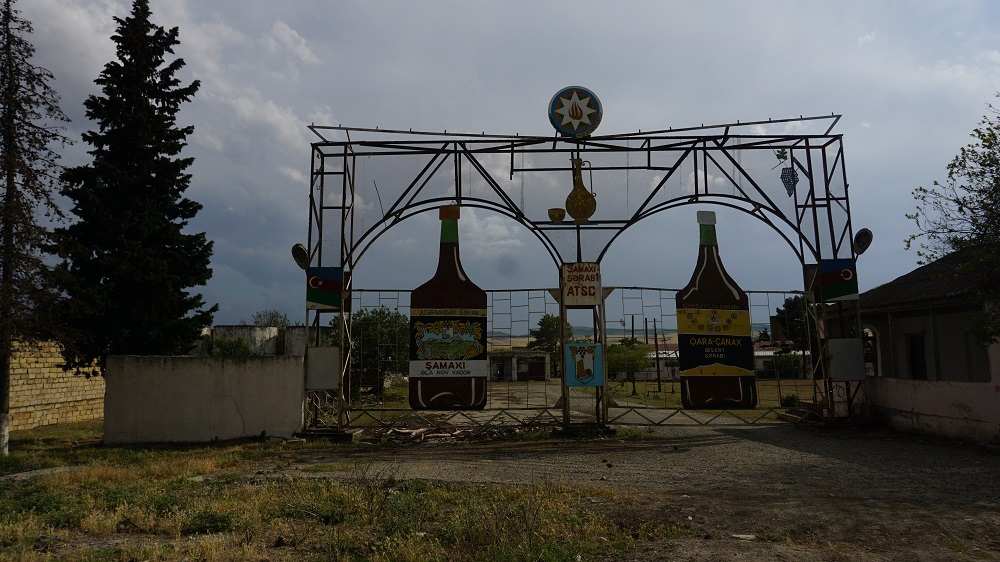
Anyone who is engaged in viticulture, of course, should also be engaged in winemaking. When we got acquainted with the experience of the Italians, we saw how agritourism is developed there. A person has only one hectare of a vineyard, you see, he built a two-story building right in the garden, where on the first floor there is a wine production workshop, and on the second – a hotel for tourists, a restaurant. Small, cozy hotel. We also want to do this. They pay all kinds of taxes. Why do we get subsidies? No subsidies are needed, but let them create conditions for marketing. So that they themselves earn money and pay taxes to the state.”
With the support of “Mediaset”










